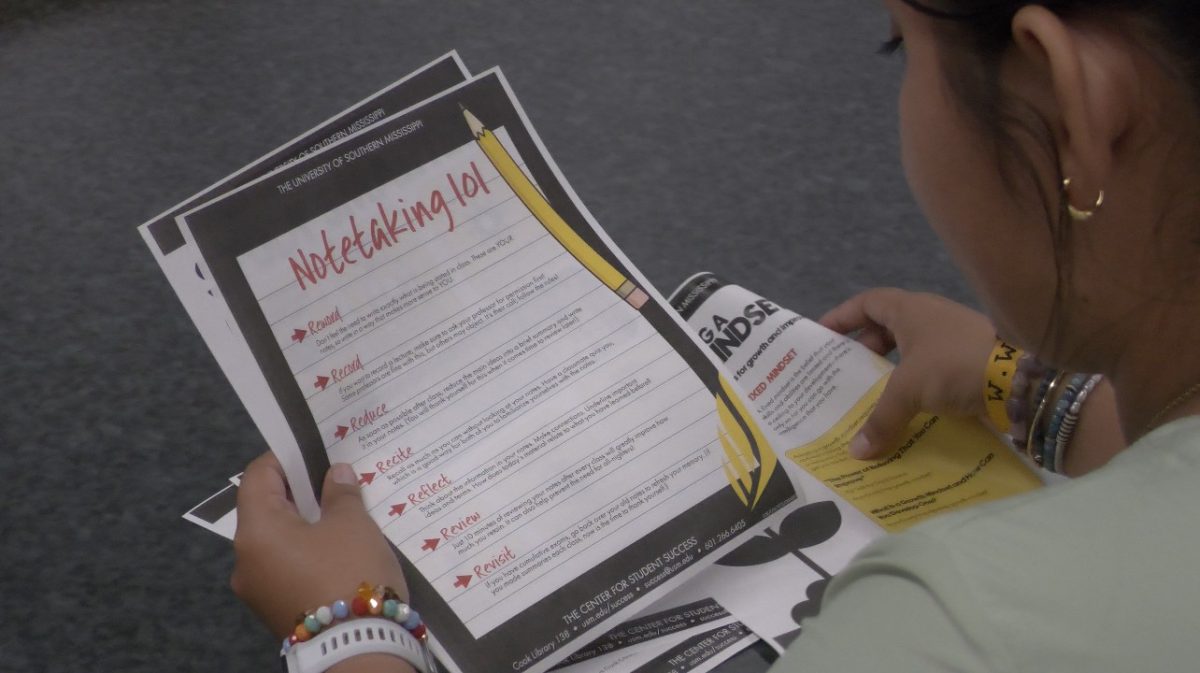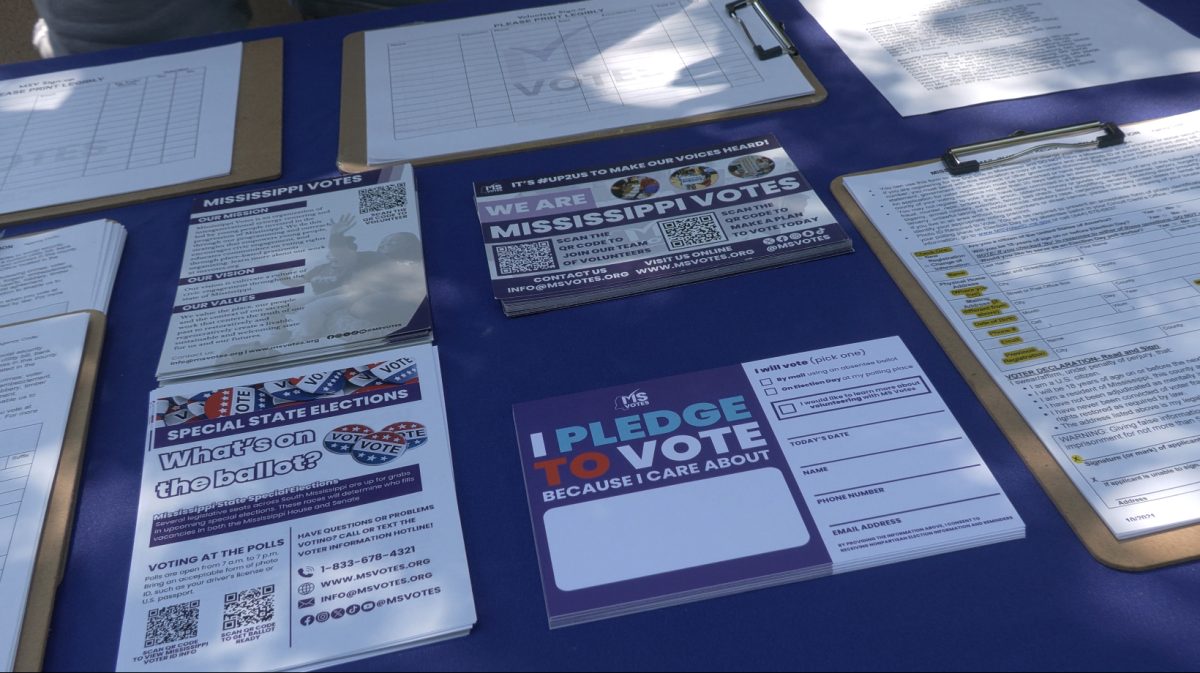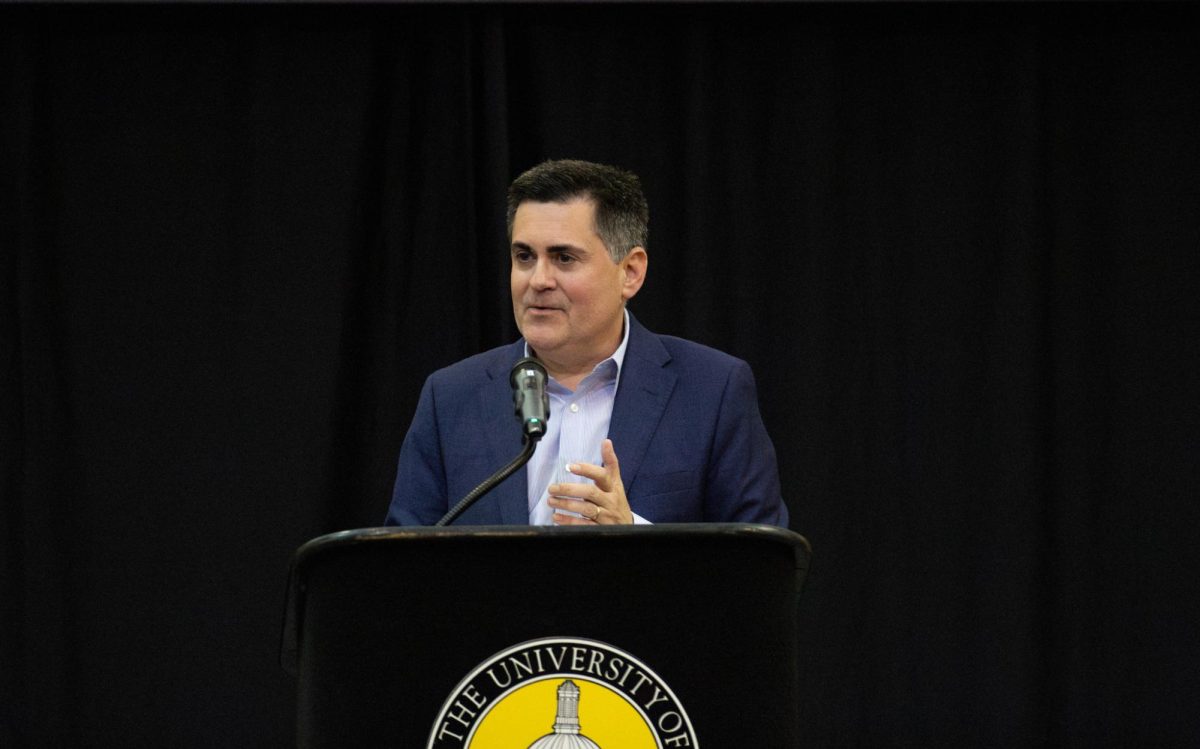Students at The University of Southern of Mississippi could expect a top-notch experience when visiting the campus clinic, which recently earned another three years of continuing accreditation from the Accreditation Association for Ambulatory Health Care (AAAHC).
According to AAAHC’s official website, the organization is the leader in developing standards to advance and promote patient safety, quality care and value for ambulatory health care through peer-based accreditation processes, education and research.
“This accreditation holds us to a higher standard of not just providing care but showing that we’re providing good care, consistently,” said Ashley Threatt, assessment officer and health educator for Student Health Services at Southern Miss.
Threatt said Student Health Services began a battle challenging its standards as soon as students stepped foot on campus.
“A lot of people think of student health as a bandage station or as doctors-in-training, but we’re a real doctor’s office with board certified physicians and other licensed health providers,” she said. “The accreditation shows that we’re the real deal and we provide quality care.”
Waiting to be serviced in the clinic was De’Janique Thorton, a student patient, who expressed another issue besides quality care.
“It’s bad enough that we have to pay to go to school, but then we have to come to the clinic for emergencies and pay for it,” Thorton said. “They do check and make sure everything is OK, but it’s mainly the charges I have a problem with.”
Sitting beside Thorton was Danielle Hicks, another student patient, who said she wasn’t satisfied with her past visit.
“I came for a nose bleed, and they couldn’t figure out what was causing it,” Hicks said. “I had to go to a hospital and that was another bill.”
Hicks said she wishes the university would set aside funds from students’ tuition to cover the cost of a few visits.
Threatt said one of the biggest complaints received from students is surrounding costs. “The problem we have with costs is that healthcare is expensive,” she said. “We have to be revenue-generated on our own to function.”
Threatt said student services is cheaper compared to emergency room visits.































